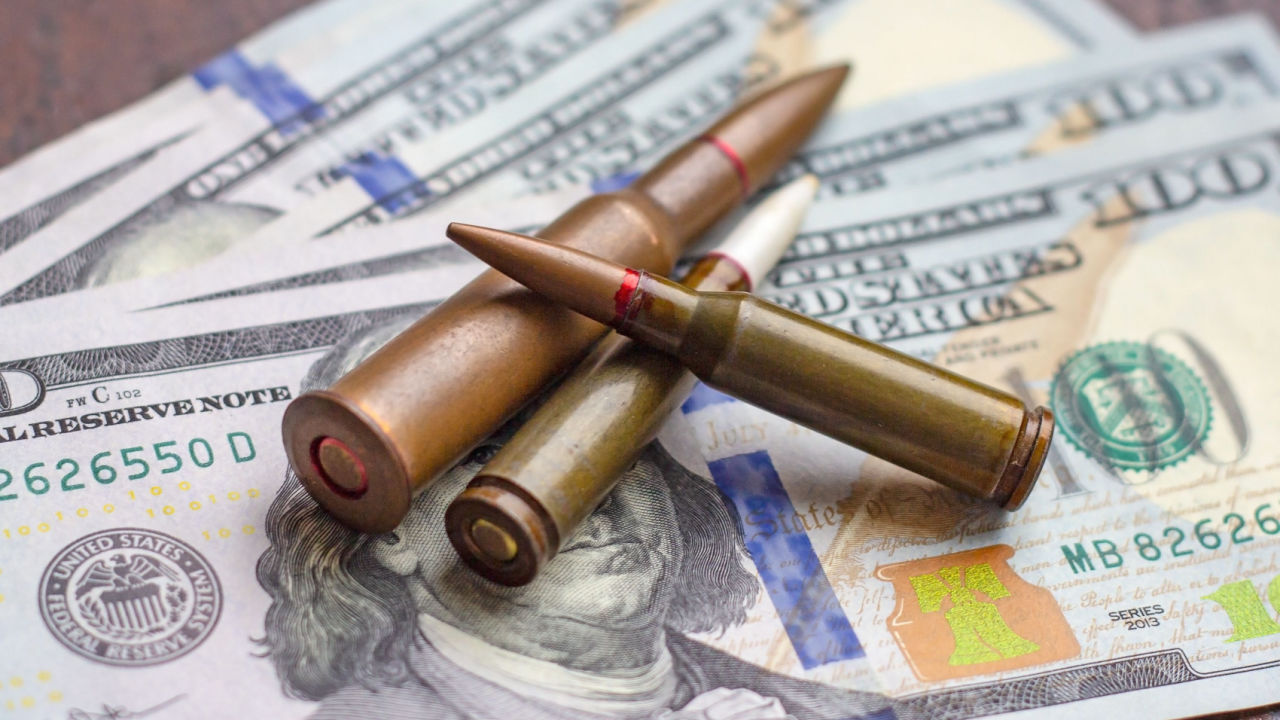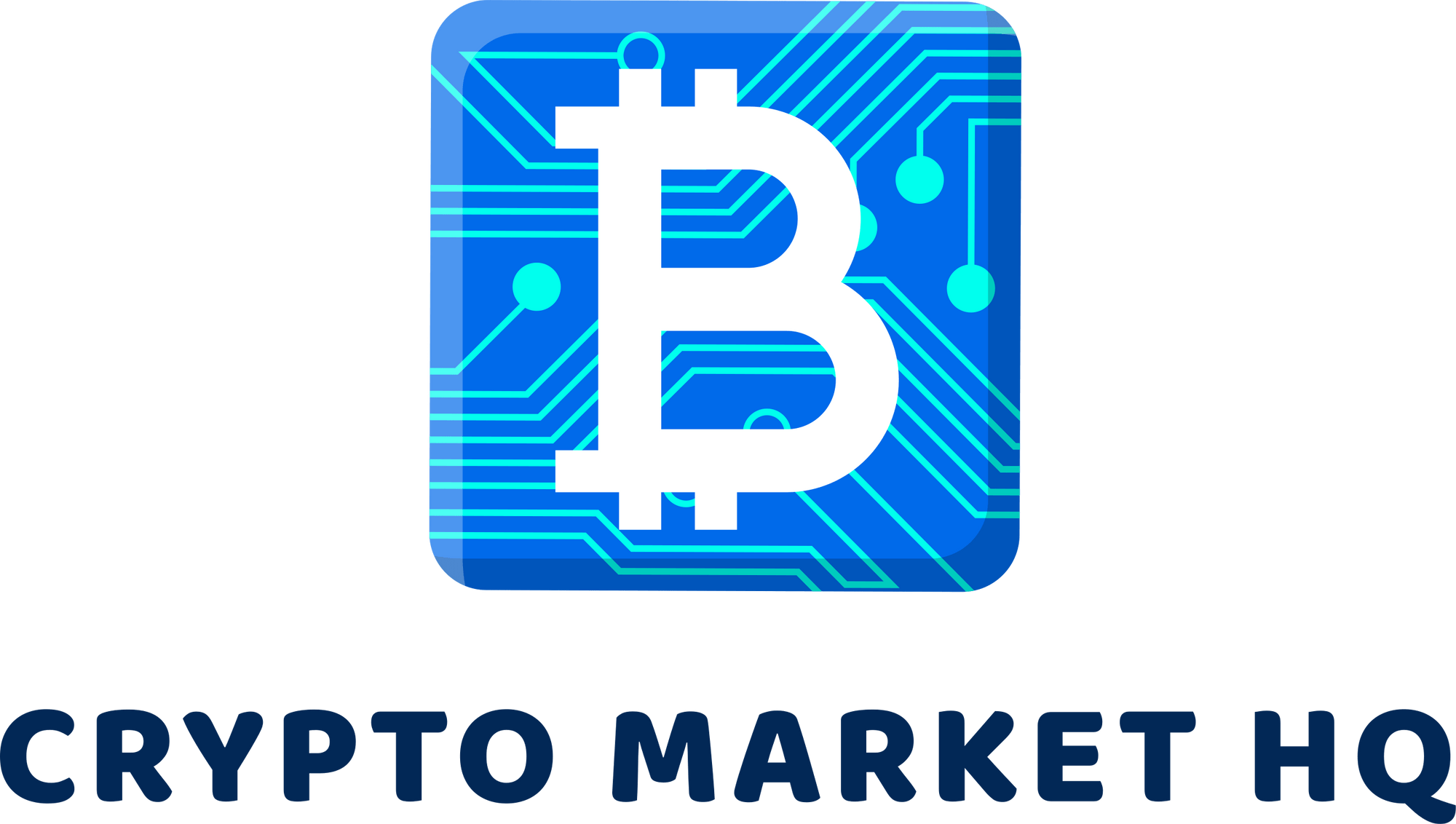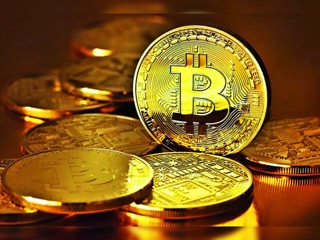
Uday Kotak, the CEO of Kotak Mahindra Bank, a financial institution based in India, recently expressed his view on the dominance of the U.S. dollar in global financial markets. Kotak stated that the U.S. dollar has “disproportionate power” as a reserve currency, retracting his previous statement in which he referred to the currency as the “biggest financial terrorist in the world.” Kotak explained that several countries were exploring alternative reserve currencies to reduce their dependence on the U.S. dollar.
Top Indian Banker Refers to the Dollar as ‘Biggest Financial Terrorist’ in the World
Uday Kotak, CEO of Kotak Mahindra Bank, an institution that registered more than $8.5 billion in revenue in 2023, referred to the subordination that world markets have to the U.S. dollar hegemony. In a panel at the ET Corporate Excellence Awards, an event of the Indian news conglomerate Times network, Kotak stated that the American currency was “the biggest financial terrorist in the world,” criticizing the power it had as a reserve currency.
Explaining his stance, Kotak declared:
All our money is in nostro accounts and somebody in the U.S. can say- you cannot withdraw it from tomorrow morning- and you are stuck. That is the power of the reserve currency.
This dependence is what is driving several nations of the world to seek an alternative reserve currency, Kotak remarked, stating this was a “crucial time in world history.”
However, Kotak later corrected these statements on social media, explaining he wanted to make reference to the ‘disproportionate power’ the currency had in world markets. He explained:
In a recent discussion on US dollar I inadvertently used words “financial terrorist” which I would like to correct. What I meant was that a reserve currency has disproportionate power, whether it is nostro account, 500 bps rate increase, or emerging countries holding dollars for liquidity.
The Run to Have the Next Reserve Currency
Global geopolitics and the rise of sanctions against Russia have changed the landscape of how payments are being settled and which currencies are being used. China has recently made advancements in profiling the Chinese yuan as a friendly token for international markets, with Russia also promoting it.
On the different countries that might become holders of the next reserve currency, Kotak stated:
“I don’t think Europe can, because it is the disunited states of Europe. I don’t think UK or Japan have the heft to be taking that position, though both the British pound and the yen are free currencies. China, I think, has a major issue of trust with many many countries around the world.
However, Kotal believes that India can have a shot at making the Indian rupee the next U.S. currency, but it will take ten years, during which the country will have to build strong institutions and a framework behind it.
India has already opened its doors to other countries to settle cross borders payments with the Indian rupee, as part of its most recent foreign trade policy guidance, with the objective of allowing countries facing a dollar crunch to keep trading goods.
What do you think about Uday Kotak’s opinion on the current role of the U.S. dollar as a reserve currency? Tell us in the comments section below.
Image Credits: Shutterstock, Pixabay, Wiki Commons
Disclaimer: This article is for informational purposes only. It is not a direct offer or solicitation of an offer to buy or sell, or a recommendation or endorsement of any products, services, or companies. Bitcoin.com does not provide investment, tax, legal, or accounting advice. Neither the company nor the author is responsible, directly or indirectly, for any damage or loss caused or alleged to be caused by or in connection with the use of or reliance on any content, goods or services mentioned in this article.







